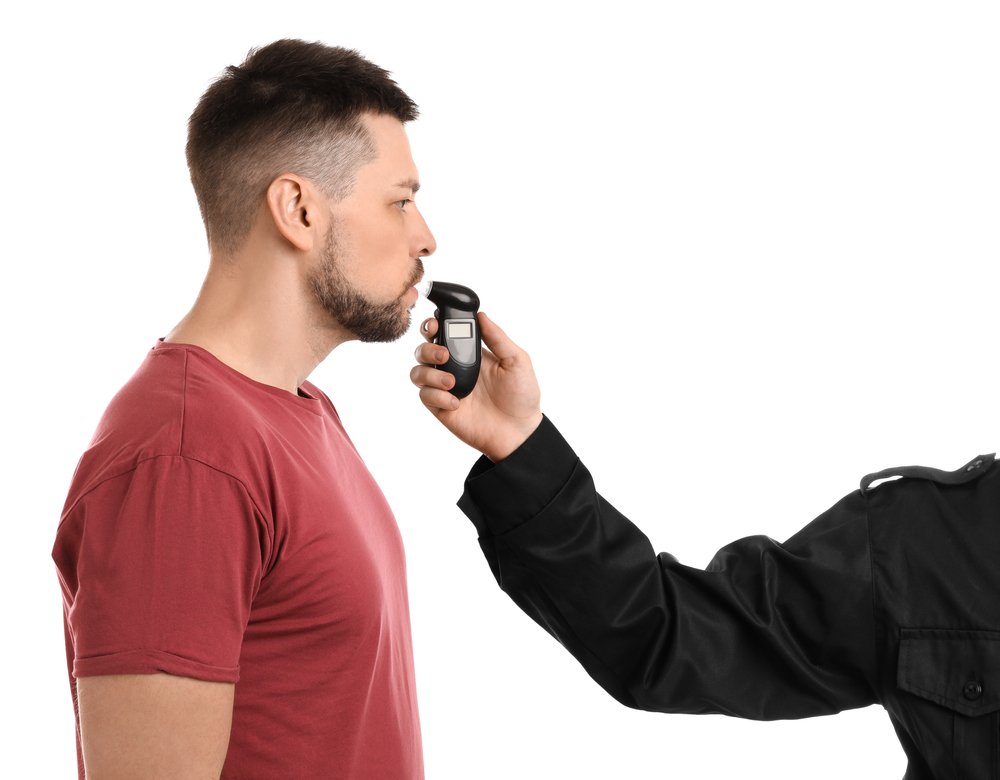California’s DUI laws can be complex and confusing. In this section, our attorneys break down the rules and explain the process.
Before you call us:
Please note: Our firm only handles criminal and DUI cases, and only in California. We do not handle any of the following cases:
- civil matters
- CCWs or gun right restoration
- labor
- family law
- immigration
- landlord/tenant
- harassment
- restraining orders
And we do not handle any cases outside of California.
Call Us Now

